
Exploring Dementia Care: Choosing the Right Healthcare Provider
Dementia is a complex and challenging condition that affects millions of individuals, often requiring specialized care. When it comes to supporting a loved one with dementia, understanding the types of healthcare providers available is essential. Each specialist brings a unique set of skills and expertise to the table. In this article, we will delve into the various types of healthcare providers for dementia and help you understand when to consider one specialist over another.

The Myth of Medications and Terminal Illness: How to Cope with the Reality of Losing a Loved One
Discover the truth behind the myth that medications can keep terminally ill patients alive indefinitely. This article explores the psychological factors behind this belief and its consequences while providing compassionate strategies to cope with the reality of losing a loved one while ensuring quality end-of-life care.

Common Medications That May Cause Harm to Hospice Patients
Medications like anticoagulants, antidepressants, and NSAIDs can cause harm to hospice patients. Learn how to balance comfort and safety with individualized care.
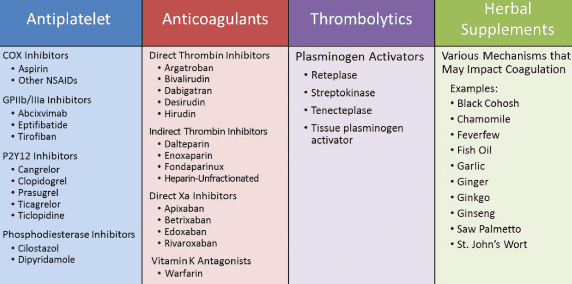
Why Anticoagulants Should Be Reviewed Regularly for Deprescribing for Those Who Are Terminally Ill
Anticoagulants can prevent blood clots but also cause bleeding risks for terminally ill patients. This article explains why these medications should be regularly reviewed for deprescribing, outlining factors like prognosis, preferences, and palliative care options to consider when making informed, compassionate choices aligned with the patient’s goals.

Understanding the Importance of Quarterly Medication Reconciliation for Terminal Patients
This article discusses the importance of quarterly medication reconciliation for terminal patients and their families. It explains the benefits, such as improving patient safety, quality of life, symptom management, and the challenges and solutions. It also addresses the need to re-evaluate certain medications, like donepezil and memantine, for patients with dementia as their disease progresses.
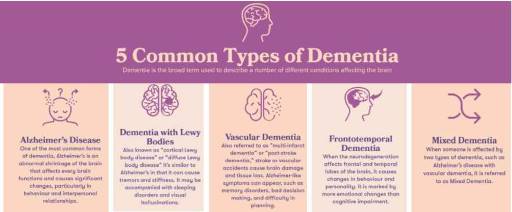
Comparing and Contrasting the Five Most Common Types of Dementia
Explore the five most common types of dementia: Alzheimer’s, Vascular, Lewy Body, Frontotemporal, and Mixed. Learn about their unique characteristics, symptoms, and progression. Understanding these differences is crucial for proper diagnosis, treatment, and care of individuals affected by dementia.
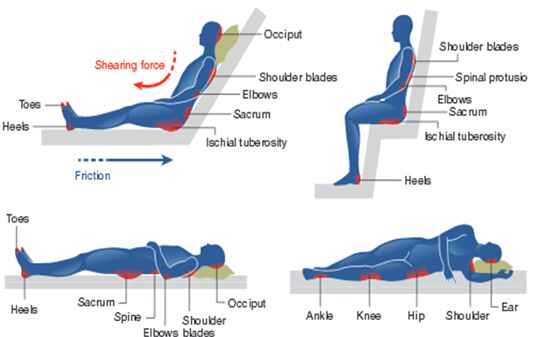
Pressure Injury Prevention for the Terminally Ill: A Guide for Families and Caregivers
This guide provides practical strategies for preventing and managing pressure injuries in terminally ill patients. Learn how to assess risk, optimize nutrition, reposition properly, choose support surfaces, and care for the skin. Get recommendations for home, hospice, and hospital settings, as well as pain management and infection control. Empower yourself with evidence-based tips to improve your loved one’s comfort and quality of life.

Unveiling the Promise and Perils of Blood Tests for Dementia
Delve into the world of blood-based biomarkers for dementia detection. This article examines the science behind these tests, their potential to revolutionize early diagnosis, and the complex ethical considerations surrounding their use. Discover how these tests might shape the future of Alzheimer’s care and research.
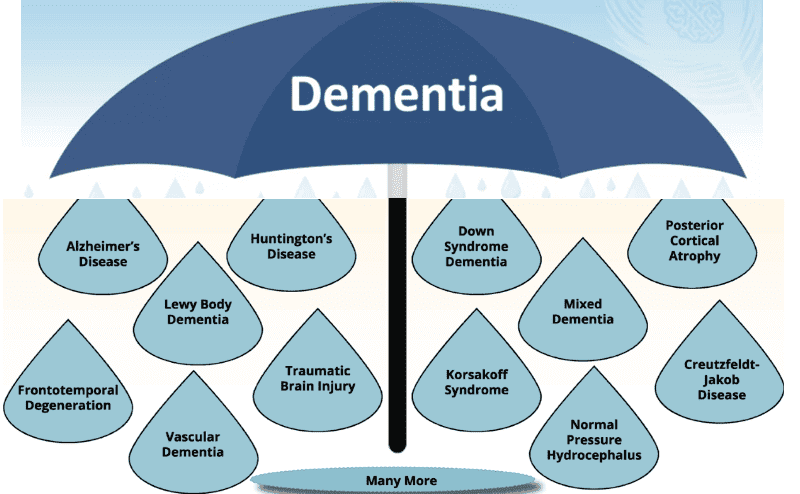
Understanding and Caring for a Loved One with Mixed Dementia
Mixed dementia combines symptoms of multiple types of dementia, presenting unique challenges for patients and caregivers. This article explores the complexities of mixed dementia, its symptoms, diagnosis, and treatment options. Learn practical tips for providing compassionate care and support to loved ones affected by this condition.
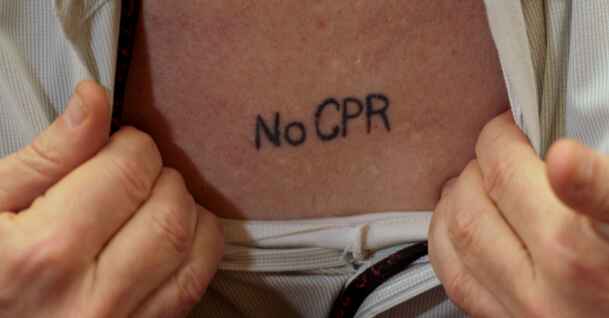
Top Ten Myths About CPR for Terminally Ill Patients
You may think that CPR is a miracle that can save anyone’s life, but that is not always the case. CPR is not practical for terminally ill patients, and it can cause more harm than good. In fact, studies show that only about 5% of terminally ill patients who receive CPR survive to leave the hospital. Many of them suffer from brain damage, broken ribs, or infections because of CPR.
This article aims to help you understand the truth about CPR for terminally ill patients. We will debunk ten common myths you may have heard or believed about CPR and provide you with accurate and reliable information. We will also help you make informed and respectful decisions about CPR for your loved one based on their wishes and values.

Managing Disappearing Clothing in Dementia Care: Tips and Strategies
Explore practical solutions for managing disappearing clothing in dementia care. Learn about iron-on name labels, simplified clothing choices, and the importance of family-facility collaboration. This guide offers practical tips to ensure your loved one with dementia always has the right clothes, reducing stress for patients and caregivers.

Revolutionary Skin Test: A New Frontier in Parkinson’s Disease Detection
A groundbreaking skin test has emerged as a potential game-changer in the early detection of Parkinson’s disease and related disorders. This article explores the science behind the test, its accuracy, and the ethical implications of early diagnosis. Discover how this innovative approach could revolutionize Parkinson’s treatment and patient care.
